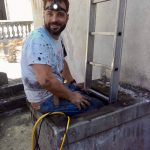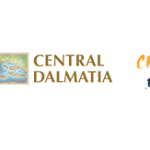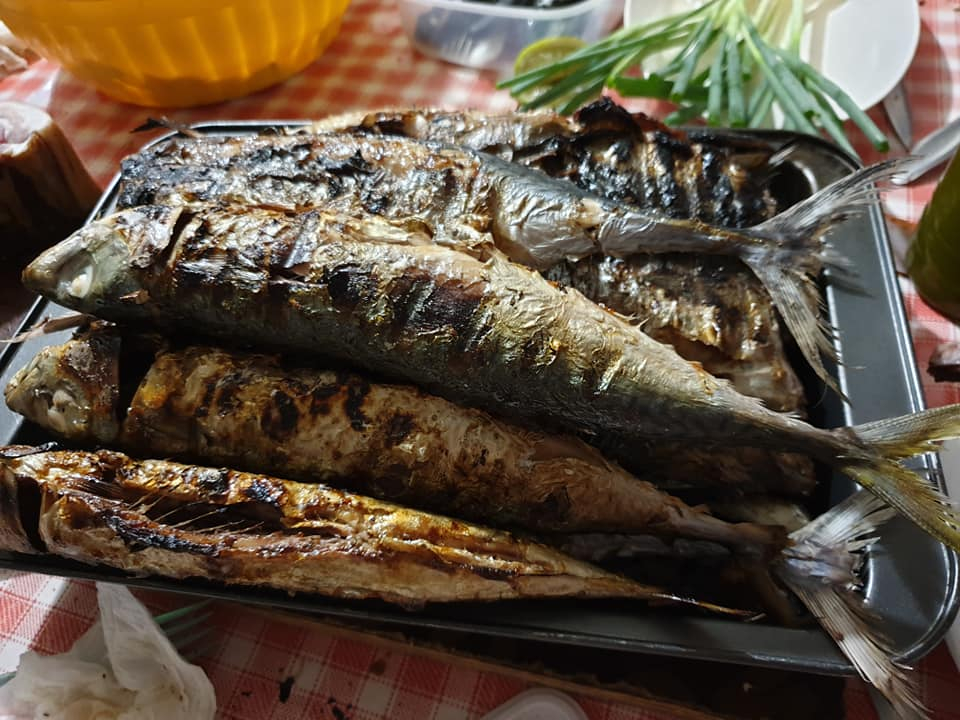
November 2, 2020 – It is early November, and Dalmatians are answering the call, wherever they are – back to their roots for the olive harvest.
About ten years ago, I went to Zagreb to do a presentation to the board of directors of one of the big Koncar companies on the subject of compressed air leakage management (yes, really). The director was a man originally from Jelsa on Hvar, where I was living at the time, and in the small chat before the meeting started, there was inevitably a little discussion about life on the island.
It was late October, and he informed me that he would be returning to Jelsa the following week to take care of his fields, for this was the season of the olive harvest.
His colleagues teased him about his island ways, but there was a bond between us. Islanders in the big city, but ones who were quick to drop whatever they were doing in their posh city jobs when the call of the olives came around each year.
I saw the director on the main square in Jelsa the following week. His Zagreb suit had been swapped for Hvar olive harvest overalls. He smiled and waved.
The bond was strengthened.
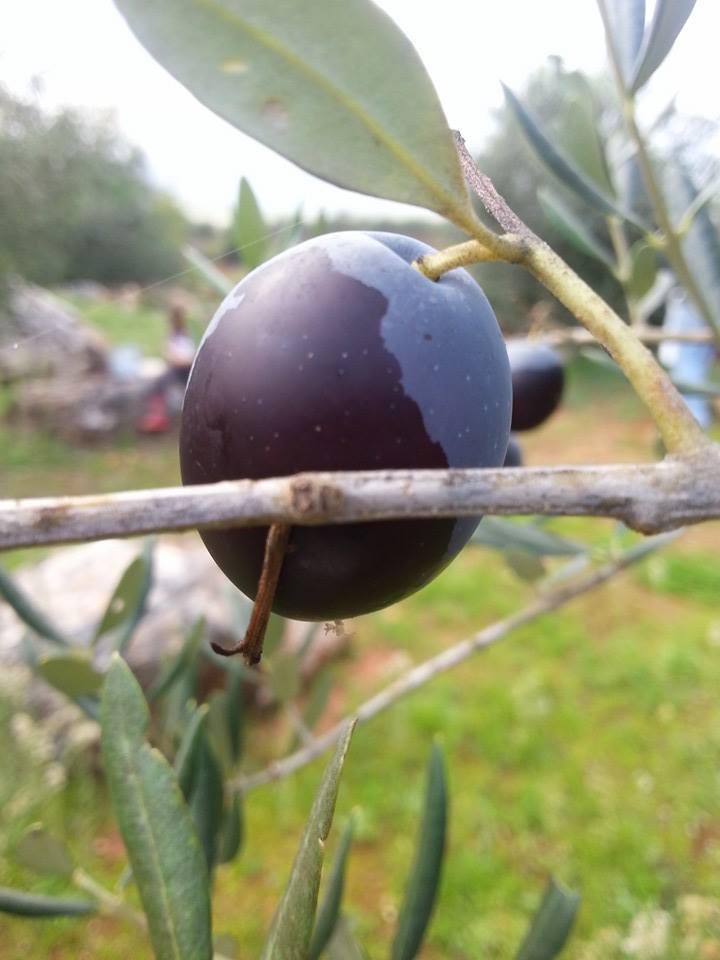
It took me a long time to understand the cultural and psychological importance of the olive harvest to local people from my foreign viewpoint – years in fact. And yet now I feel sad that I am not answering the call of the olives this year, as I definitely feel it.
When I first became part of a Dalmatian family some 17 years ago, I really didn’t get the obsession with olive oil. It was on EVERYTHING. As an uncultured Manchester boy, olive oil was not something that entered my dinner plate on a regular basis, and if I had consumed more than half a litre of olive oil during the 33 years of my life before Croatia, I would be surprised. But these guys put olive oil liberally on every meal.
As with most families on Hvar, my in-laws had their own olive grove, some 80 trees in all. In a good year, this was enough to produce over 200 litres of Dalmatian liquid gold – more than enough for the needs of the household, even with its liberal use. It didn’t take long for me to get hooked on the Mediterranean Diet, especially with the delicious fare served up by my wife and punica, and olive oil was now an essential part of my life.
The only problem with having your own family olive oil…
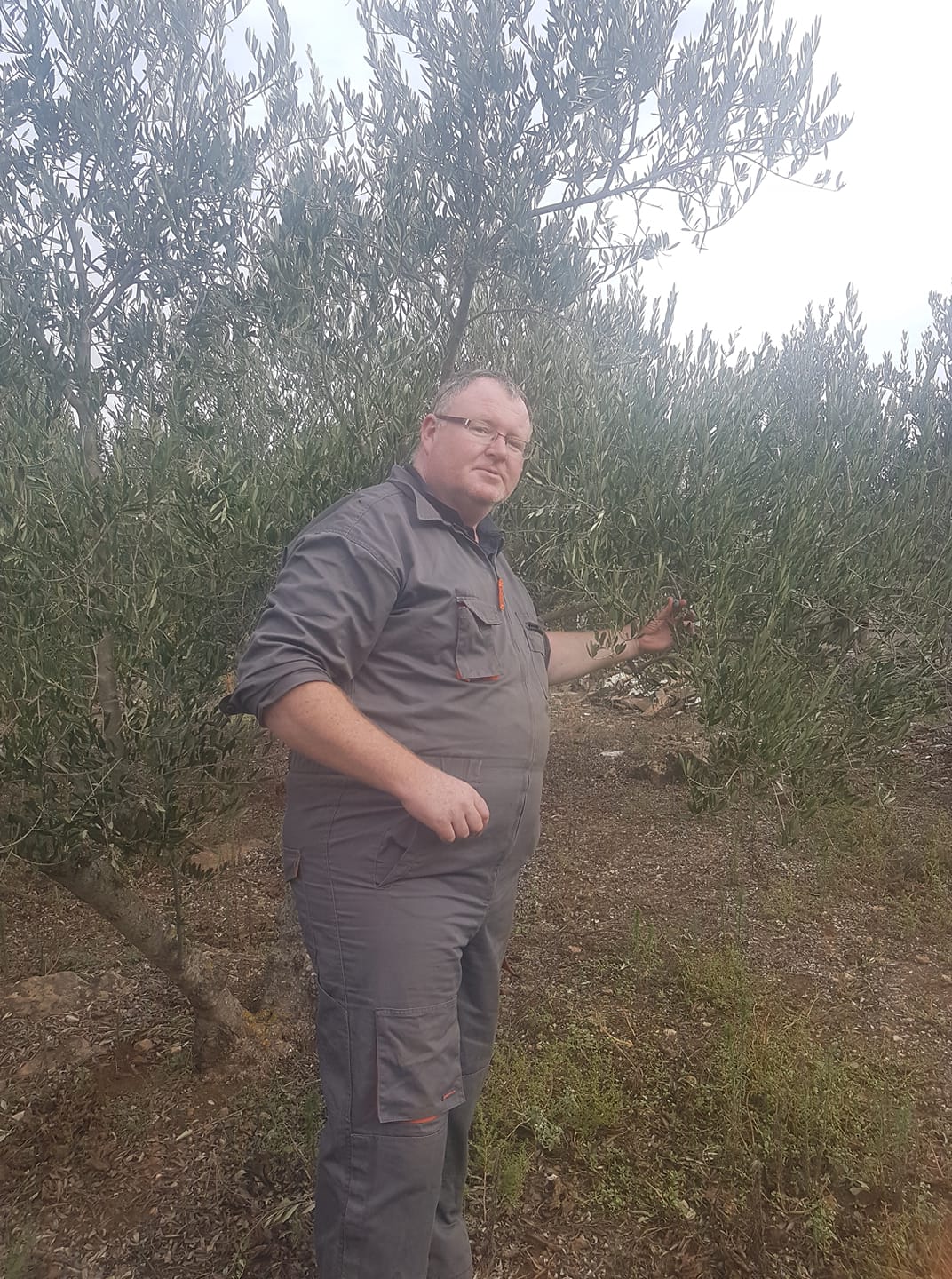
… is that someone has to pick the olives.
For years, I hated it, and I railed against the economics of it all. It would take X people to work Y days to come up with Z litres of oil. Add in the costs of the daily feast for the workers (of which more below), and surely it would be more economical to just buy the stuff from someone else.
The olive harvest was a major operation within the family, and one which I tried to avoid due to work for several years.
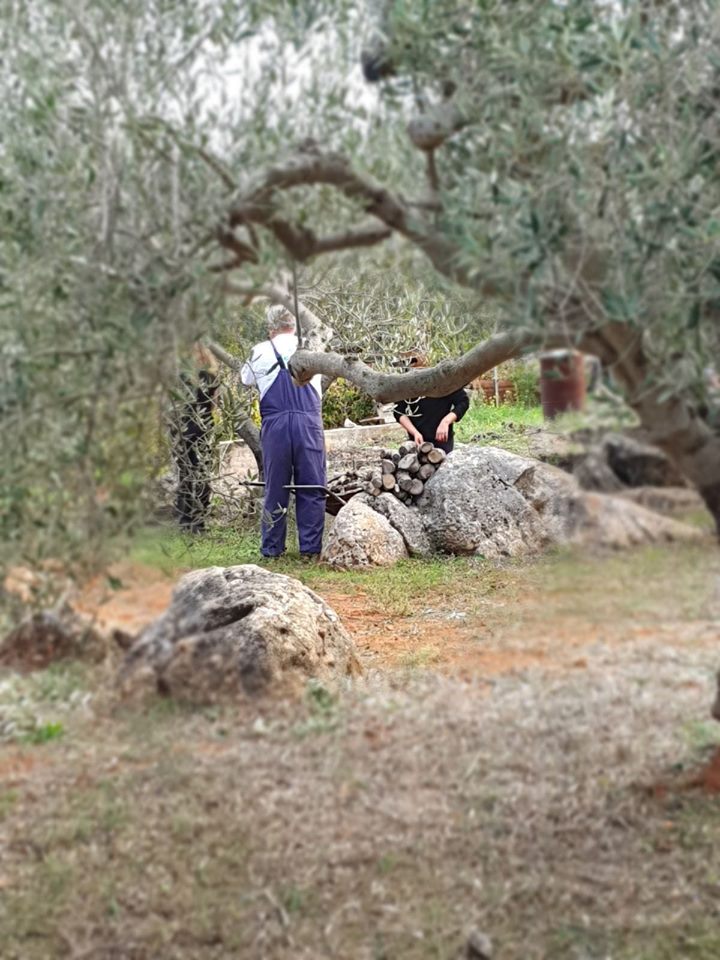
But I gradually began to understand that the olive harvest is far more than the oil produced at the end of the picking. It is an essential part of the Dalmatian way of life, and one which has changed little – if at all – in hundreds and even thousands of years.
No modern gadgets here, no time pressures, and nothing but relaxing nature, and the constant picking, picking, picking.
Extended family return to help out – either from the mainland or the island itself. Friendships that have been put on hold due to the busy tourist season are rekindled. It is an extremely social event.
If you want it to be. Or, if you was a complete detox from people and the pressures of modern life, choose a tree on your own in another part of the field. There is no hard and fast rule for olive picking – people do it at their own pace and in their own way.
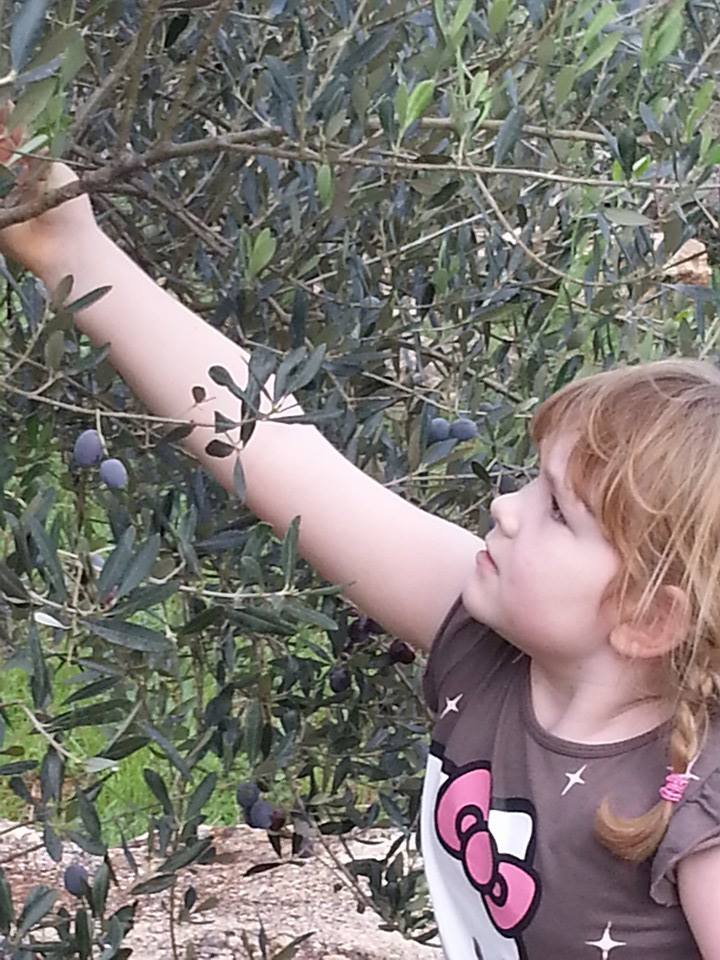
Growing up in Manchester, my connection with nature and the land was tenuous, and my fruit and vegetables grew in supermarkets. One of the things I loved about bringing up young children on a beautiful Dalmatian island was that early bond with nature. And nowhere was the bond stronger than helping out in Grandad’s field…
The olive harvest is above all a family event which brings together different generations of the same family in a very relaxed setting.
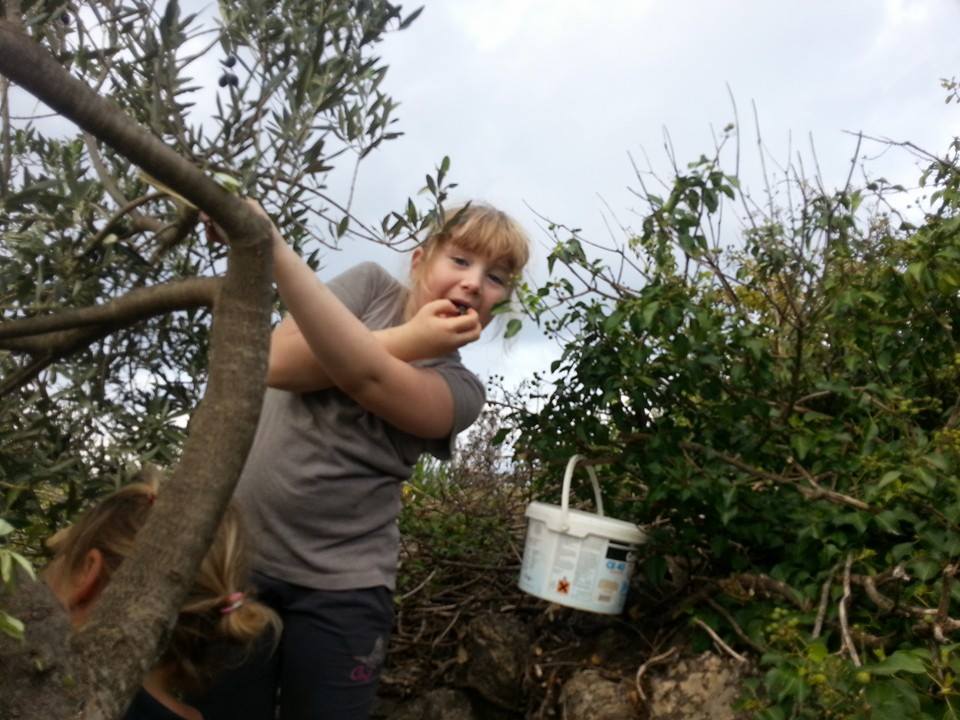
And there are plenty of opportunities for the little ones to play and explore while contributing to the olive harvest. Tree climbing is always fun, and the lighter and more nimble members of the team are always preferred to get to those harder-to-reach olives.
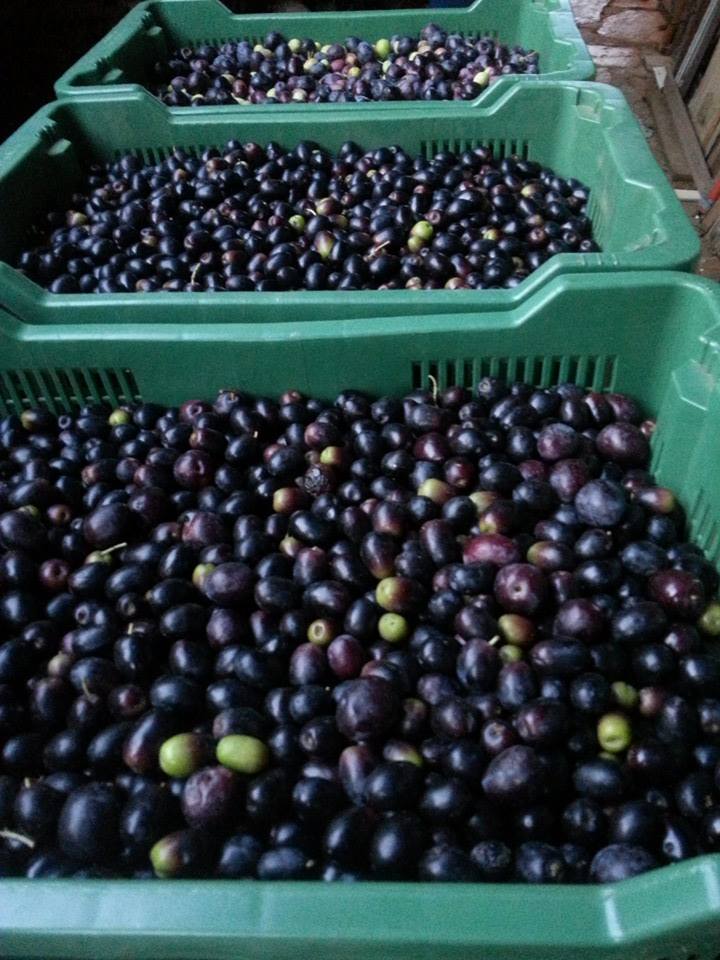
Depending on a number of factors, including the weather and number of pickers, the harvest for our family will take anything from three to eight days.
The precious olives are collected in containers.
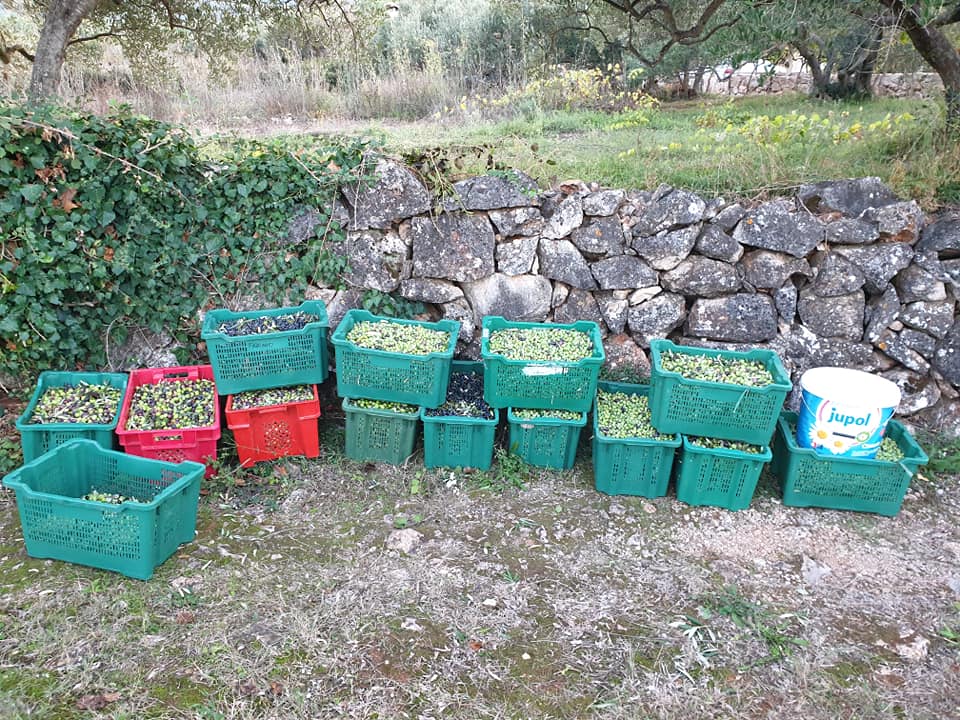
At the end of each day, they are taken off to the olive mill close by and pressed.
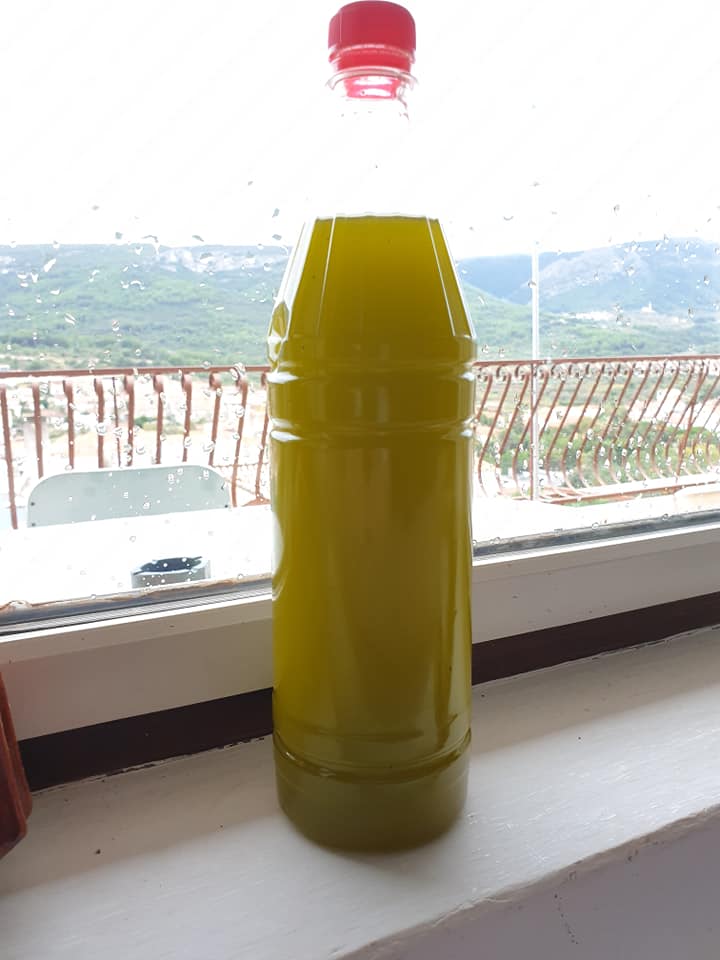
And one of the rewards for all the hard work will be several litres of this nectar, hopefully enough to service our annual needs back home in Varazdin.
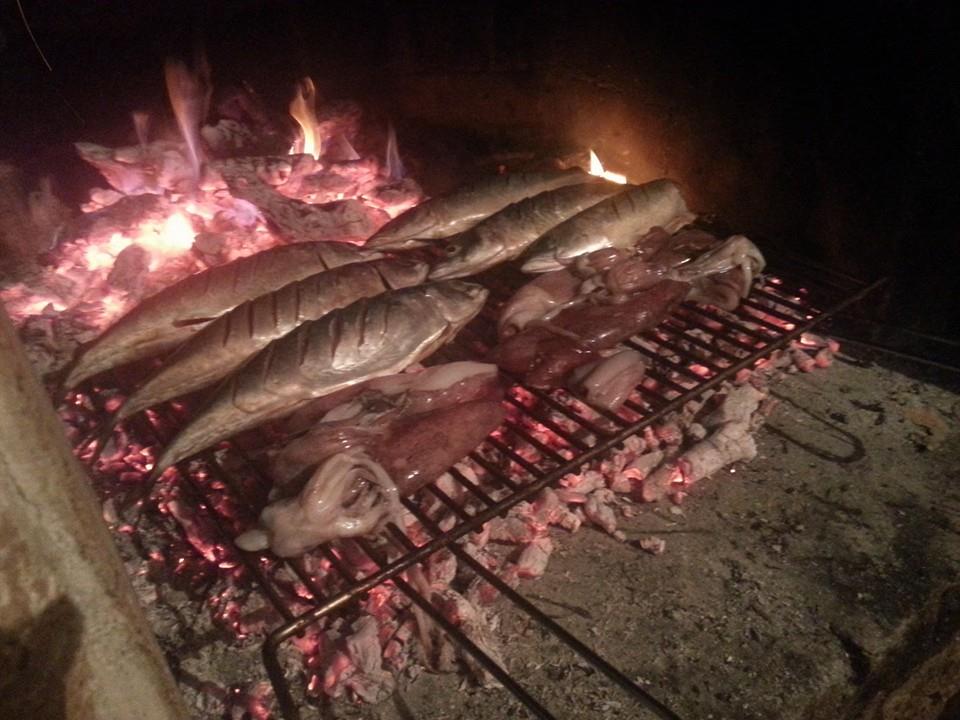
And one of the other rewards – and a definite highlight – is the daily grill for the workers in the cabin the field. Grilled meat or fish, salad from the field, the family rakija and wine, and plenty of the family olive oil of course.
Dalmatia at its very finest.
For the first time in several years, I will not be at the olive harvest this year. School and work commitments took care of that. I am a little sad, as I still feel the bond with my Koncar director, and I definitely feel the calling.
But then I started to smile inside, as I took my wife to Varazdin Bus Station for the early bus to Zagreb. There, she would meet her sister and older brother, who were both taking time off from their corporate jobs, and they would drive to the island together. Her other brother is already on the island, and the four siblings will be reunited with their parents but without the kids or spouses, for a few days in the field, some 25 years after finishing school and moving on with their lives.
I can’t imagine a similar example of something like this in the UK, and I think it is brilliant. One more example, perhaps, of why the sense of community and family is so strong in Croatia.
Next year, I will be there.
For the latest travel info, bookmark our main travel info article, which is updated daily.
Read the Croatian Travel Update in your language – now available in 24 languages.
Join the Total Croatia Travel INFO Viber community.

